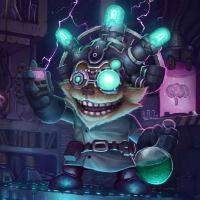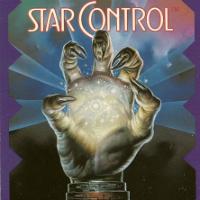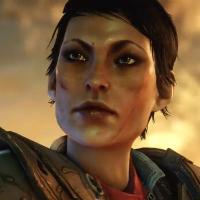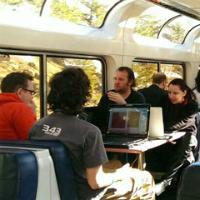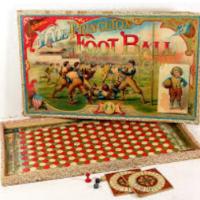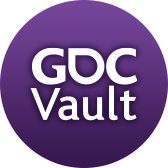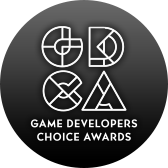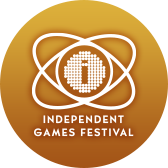
See how Double Fine animated Broken Age at GDC 2015
Double Fine's Kickstarted adventure game Broken Age earned a fair bit of critical acclaim early this year, not least for its colorful visual aesthetic and cinema-grade animation.
In March, Double Fine lead animator Raymond Crook is coming to GDC 2015 to explain how the studio pulled it off. In his talk, "Animation Style and Process for Broken Age", Crook will walk you step-by-step through the creation of a Broken Age character from concept to final animation using the studio's unique "2.5D" techniques.
You can expect to walk away with a thorough understanding of the artistic and budgetary benefits to Double Fine's approach, but you'll also learn the limitations and how Crook and his team tried to overcome them.



